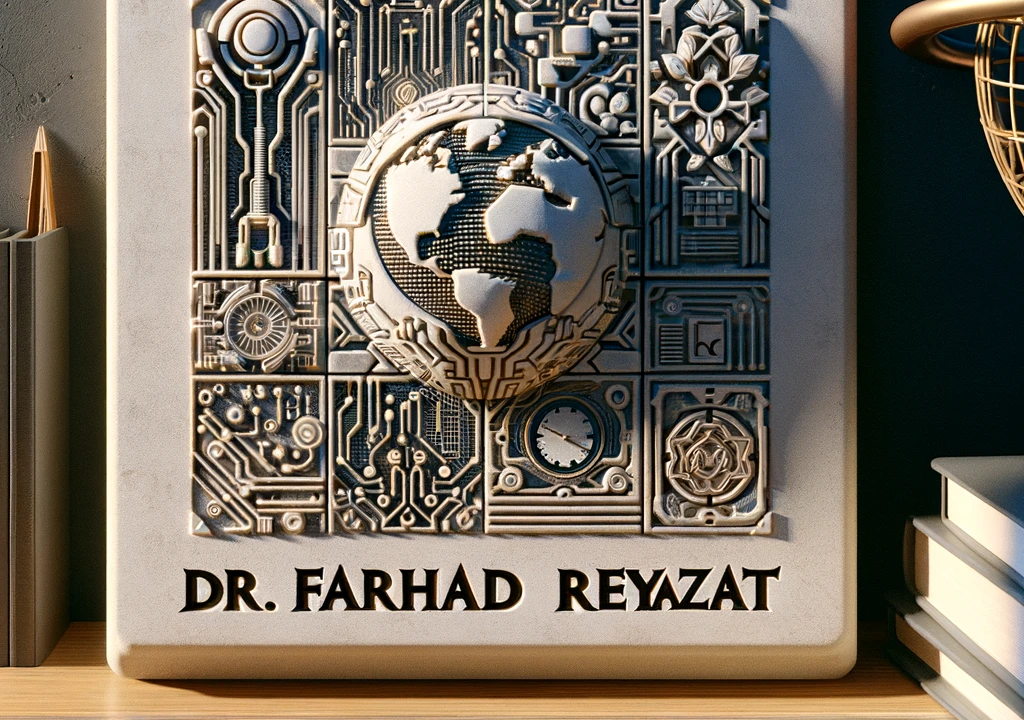
AI 2030: Shaping Our Future Work, Life and Technology
Farhad Reyazat – PhD in Risk Management ( Biography )
By 2030, the advent of artificial intelligence (AI) will have changed the world, consistently leading to innovation and profoundly reshaping entire industries. However, this road ahead is highly optimistic, but cautious as it might be in the short run, more advanced results are not met. Here are a few major changes we can anticipate in the coming decades and what it might mean for a democratic society.
Human-Like AI by 2030
By 2030, we could have AI at human-level intelligence, a generalized example of — machines that think like people and learn examples from people. This advancement will transform industries, including healthcare, finance, and manufacturing. For healthcare, AI may well allow doctors to effectively diagnose diseases at the high accuracy levels of an experienced specialist. For financial markets, AI could enable precise prediction of market trends and enhancement of investment strategies.
Synergy Between AI and Humans
It is predicted that AI will transform from a tool to a collaborator. In 2030, AI will power personal advisors, teachers, and even companions. This will facilitate a human-AI partnership that boosts creativity and productivity in areas ranging from education and customer service to entertainment, delivering more tailored solutions faster to the problems we face every day.
The Metaverse
By 2030, it is a very real possibility that Metaverse—an entirely immersive virtual universe in which individuals can interact, work, and socialize—will exist. Realistic environments with a more personalized experience will be powered by AI(for growth) and word-of-mouth praise from loyal and active users! AI-driven interactions will enable people to go to virtual concerts, work in a virtual office, and sit in a virtual classroom.
AI in Everyday Devices
This will have been happening to the daily devices around you, from home appliances to wearables, until 2030. A smart home that knows what you want, whether it’s your coffee ready or the heating on at precisely the right time, all without any sense of human input, could, in turn, enable more seamless and frictionless daily life.
Autonomous Vehicles
Self-driving cars are likely to become ubiquitous by 2030. These vehicles will use Artificial Intelligence to stay on their lanes during rush hours and avoid accidents, traffic congestion, and emissions by taking optimized routes. This will not only change transportation but also urban design, logistics, and environmental sustainability.
Workers Displaced and Moving Factors of the Economy
The displacement of jobs due to the takeover of tasks by AI is anticipated in many areas across industries, and up to a billion will be affected worldwide. Roles like driving, operating machinery, and legal services will require retraining for other occupations. As that transition takes place, governments will have to grapple with how to introduce the best policies and programs that can offset the downsides of this change — not least of which is a rise in inequality.
Healthcare Transformation
This is possible today using deep learning techniques; AI will revolutionize medical care and allow man to detect diseases earlier, more accurately diagnose, and give personalized therapies. By analyzing vast medical datasets, AI will enable treatments customized to individual patients’ needs—ushering in a new era of precision medicine. AI will identify new compounds faster for drug discovery
Biometric Advancements
Tap and go, which started two decades ago, will make less noise than peeping at airports, has become ubiquitous with international travel over the last decade• Biometric technology, including facial recognition, fingerprint scanning, and- using the ey® to document management of access control and identification through walls.HSO20.swagger-file BEHIND THE NEW SECURITY LANDSCAPE • By 2030, growing dramatically beyond what has been just a competitive security m… These will eradicate traditional security means like passwords and make life secure yet seamless for everyone every day. The monitoring of health data with wearables will not only make our health more personal but also security together.
Rise of Deepfakes and Ethical Dilemmas
Deepfakes: As much as AI will be advantageous, it also has some challenges, e.g., the advent of deepfakes. We can expect even better fakes by the time it’s 2030, with AI getting to grips and involving significant concerns around data trust and misuse of trust online. Maintaining the veracity of digital information will come down largely to ethical guidelines and technological solutions that can detect and neutralize deepfakes.
Emotion Recognition Tech
By the year 2030, huge strides will be made in emotion recognition technology, which will enable AI to interpret and react to human emotions with facial expressions, voice tone, and body language. This will be pivotal in areas ranging from customer service to healthcare to education, ensuring that interactions with machines can be as empathetic and personalized as possible.
The Intelligence Age — A New Era
In fact, by the end of this decade, we could enter — or so some experts claim — a new era called the Intelligence Age in which artificial intelligence has infiltrated nearly every aspect of daily life, from work to personal relations. This transformation, which will be the last incarnation of the fourth industrial revolution, changes how we live and work.
As we continue into this future, it is also clear that AI will revolutionize our lives in ways that offer unparalleled opportunities and immense challenges. Addressing these trends in a fast-moving context will entail joint action between industry, government, and citizens to spread and adapt AI’s benefits while mitigating its risks.
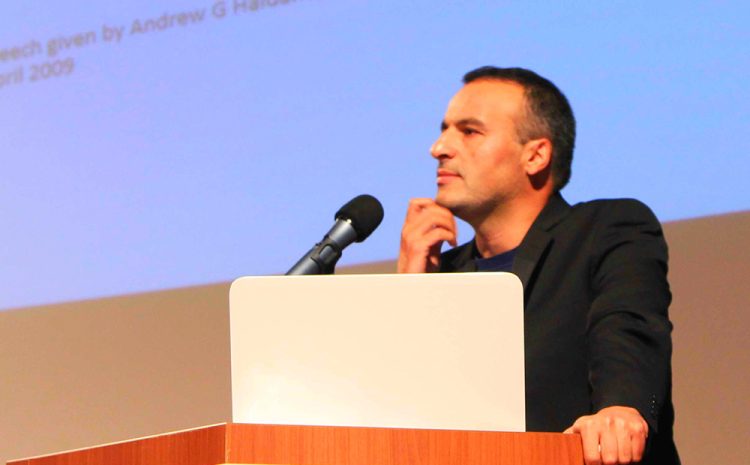

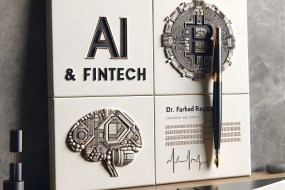
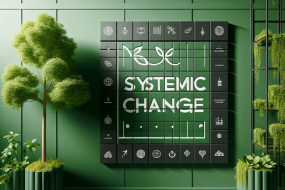

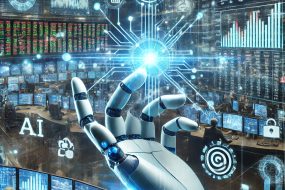
No Comments